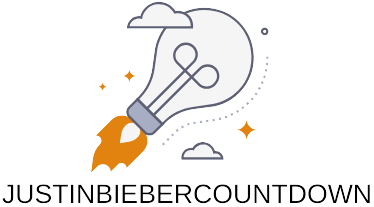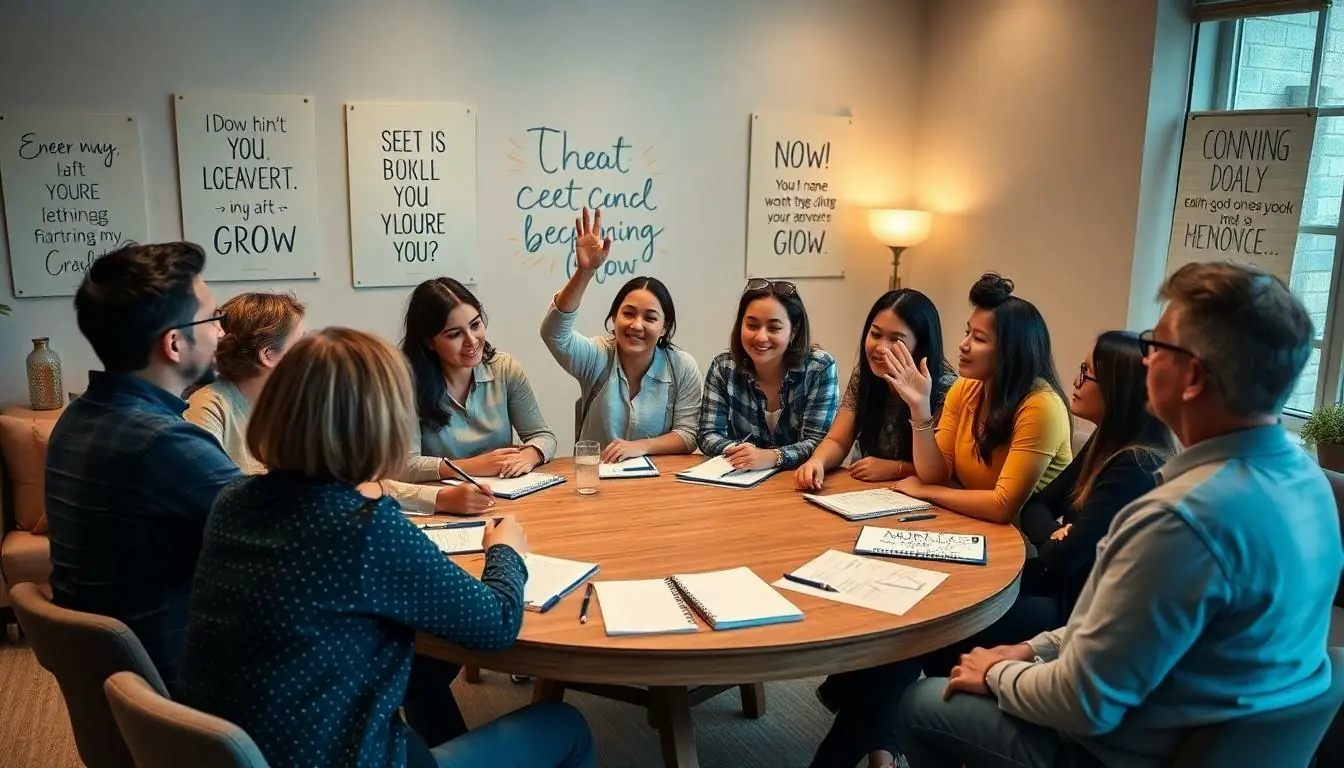Table of Contents
ToggleIn a world where everyone seems to be on a quest for the next big thing—be it a new diet, a trendy fitness routine, or the latest self-help book—self-improvement often feels like an Olympic sport. But fear not, it’s not about running marathons or meditating on a mountaintop. It’s about small, manageable steps that can lead to big changes.
Understanding Self Improvement
Self-improvement involves the pursuit of personal growth and development. It encompasses various aspects, from enhancing skills to fostering mental and emotional well-being.
Definition and Concepts
Self-improvement refers to the efforts individuals make to better themselves. This includes developing new skills, improving mindset, and enhancing overall quality of life. Various methodologies exist, such as mindfulness practices and goal-setting techniques. People engage in self-improvement for personal satisfaction and fulfillment. Continuous learning and self-reflection also play crucial roles in this journey.
Importance of Self Improvement
Self-improvement holds significant importance in today’s society. It promotes resilience, enabling individuals to navigate challenges more effectively. By pursuing growth, people experience increased self-esteem and confidence. Enhanced skills often lead to better career opportunities and relationships. Setting and achieving personal goals fosters a sense of accomplishment. Pursuing self-improvement ultimately contributes to a healthier, more balanced life.
Techniques for Self Improvement

Techniques for self-improvement focus on practical strategies that foster personal growth. Simple but effective methods empower individuals in their journeys toward becoming better.
Setting Goals
Setting specific goals serves as a vital foundation for self-improvement. Defining clear, measurable objectives helps track progress. Individuals can employ the SMART criteria, which encompass Specific, Measurable, Achievable, Relevant, and Time-bound aspects. Writing down goals enhances commitment and accountability. Regularly reviewing these goals allows for adjustments based on current circumstances and motivations. Celebrating small achievements, such as completing a task or reaching a milestone, reinforces progress and motivation.
Developing Positive Habits
Developing positive habits plays a crucial role in self-improvement. Consistency strengthens newly formed behaviors, making them easier to maintain. Starting with one habit at a time prevents overwhelm and encourages sustainable change. Implementing cues or triggers helps integrate positive habits into daily routines. For example, placing a book on a nightstand prompts reading before sleep. Tracking habits with a journal or app promotes accountability and provides motivation to continue. Gradually replacing negative habits with constructive ones builds a supportive environment for personal growth.
The Role of Mindset
Mindset plays a crucial role in self-improvement. It defines how individuals perceive challenges and opportunities for growth.
Growth Mindset vs. Fixed Mindset
A growth mindset embraces challenges as opportunities for learning. Individuals with this mindset view effort as essential for mastery. In contrast, a fixed mindset discourages growth by promoting the belief that talents are innate and unchangeable. Growth-oriented individuals are more resilient in the face of setbacks. Research shows that individuals with a growth mindset tend to achieve higher levels of success as they pursue goals and respond positively to feedback. Choosing to adopt a growth mindset opens pathways to continual self-improvement.
Overcoming Self-Doubt
Overcoming self-doubt fosters personal growth. Developing self-confidence requires recognizing and challenging negative thoughts. Practicing self-compassion allows individuals to treat themselves with kindness. Techniques like positive affirmations can shift one’s perspective toward a more optimistic outlook. It’s essential to identify past achievements to boost self-esteem. Seeking supportive relationships can also help counter negative self-perceptions. Engaging in constructive self-reflection enables individuals to embrace their strengths while addressing areas for improvement. These strategies collectively enhance the capacity for self-improvement.
Resources for Self Improvement
Numerous resources exist to help individuals enhance their self-improvement journey. These tools support personal growth across various aspects of life.
Books and Literature
Self-improvement literature provides valuable insights and frameworks. Titles like “Atomic Habits” by James Clear emphasize the power of small changes. Other notable works, such as “Mindset” by Carol S. Dweck, explore the benefits of a growth mindset. Readers can find inspiration in personal stories, research-backed strategies, and actionable advice. Additionally, classic books such as “The 7 Habits of Highly Effective People” by Stephen R. Covey remain timeless resources. Collectively, these texts offer guidance on developing effective habits, boosting confidence, and cultivating resilience.
Online Courses and Workshops
Online courses and workshops present practical avenues for personal development. Platforms like Coursera and Udemy offer a variety of courses focused on skill enhancement, mindfulness, and productivity. Users can access instructional content catered to specific interests, such as time management or emotional intelligence. Workshops often feature interactive elements allowing for real-time feedback and community engagement. Learning from industry experts provides additional credibility, ensuring participants gain lasting insights. Continuous learning from these platforms fosters a deeper understanding of self-improvement strategies, enhancing one’s personal growth journey.
Self-improvement is an ongoing journey that requires patience and dedication. Embracing small changes can lead to profound transformations over time. By cultivating a growth mindset and leveraging effective strategies individuals can navigate their paths toward personal development with confidence.
The resources available today empower anyone to enhance their skills and well-being. Whether through books online courses or mindfulness practices the opportunities for growth are abundant. Ultimately self-improvement is about finding what resonates personally and committing to that journey. With each step taken individuals can unlock new potentials and lead more fulfilling lives.







